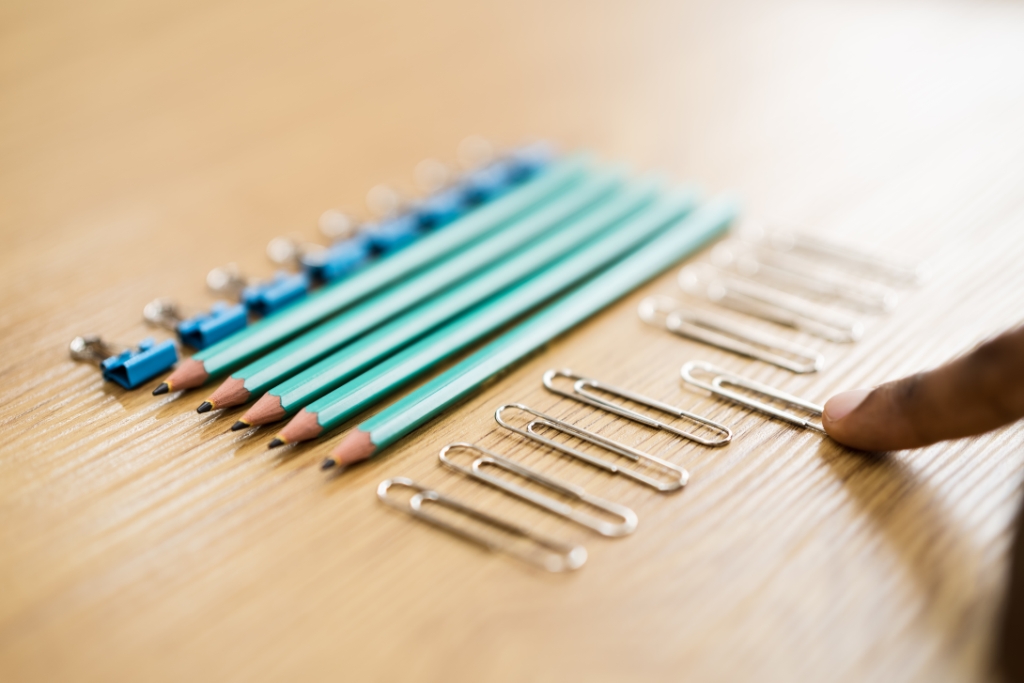Obsessive-compulsive disorder (OCD) can often feel like getting trapped in a vicious cycle of obsessions and compulsions. While most of us experience compulsive behaviors or obsessive thoughts at some point, for someone with OCD, it can feel so extreme that it consumes a lot of time and gets in the way of day-to-day life.
This article explores common obsessions and compulsions of OCD.
Common Obsessions in OCD
Obsessions make up the first half of OCD. They’re the experience that causes compulsive behaviors. Obsessions can include feelings, thoughts, or mental images that can feel overpowering and cause people to feel out of control, anxious, scared, or guilty.
A few common obsessions among those with OCD include:
- A fear of contamination-like germs, bodily fluids, viruses, animals, dirt, or chemicals.
- Fear of losing control of yourself, like acting on thoughts of harming someone, stealing something, or becoming violent.
- Fear of hurting someone on accident because of something you forgot to do or something you did, like not cleaning up a spill that could cause someone to slip.
- Unwanted sexual thoughts, images, or obsessions about sexual behavior.
- Consistent worry about living a moral life
- Fear of forgetting or losing something of value
- Persistent worry about the evenness of objects
- Indecisiveness regarding things to hold on to or throw away
- Being fixated on the correctness of particular number and colors
Common Compulsions in OCD
Compulsions are the behaviors that follow an obsessive thought. They can be physical or mental, and someone with OCD often repeatedly repeats these behaviors to relieve anxiety. While everyone with OCD is different, a few examples of common compulsions include:
- Repeatedly checking to ensure that windows and doors are locked, or appliances are shut off. It’s also common for individuals with OCD to repeatedly check if they didn’t hit something or someone while driving and will often turn around to double-check.
- Excessive cleaning, which can include the home, clothing, or personal hygiene
- Counting letters, words, specific actions, or objects
- Doing day-to-day activities repeatedly, such as going up and down the stairs or sitting and standing up again.
- Asking for reassurance from health care providers, family members, or friends
- Repeating specific phrases or sequences or words either mentally or out loud.
- Rearranging things to follow a specific order
- Doing things in multiples-like turning the light switch on and off seven times. Usually, there’s a “good” number individuals with OCD stick to.
Getting help for obsessions and compulsions
The team at Abbey Neuropsychology Clinic offers psychotherapy and other forms of therapy to help you. Options include cognitive behavioral therapy, which can allow clients to build a supportive, caring relationship with one of the team’s psychologists. Together, you can learn to decrease your OCD symptoms and hopefully stop the obsessions and compulsions that control your life.
If you’re concerned about having obsessions and compulsions that are starting to take over your life, call Abbey Neuropsychology Clinic today to schedule a consultation.
Resources
https://www.nimh.nih.gov/health/topics/obsessive-compulsive-disorder-ocd/


Leave a Comment